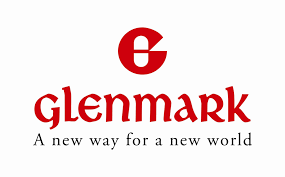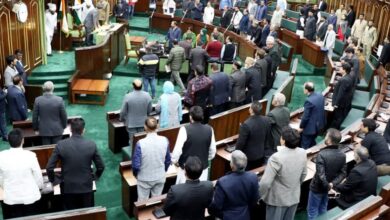Glenmark launches AKYNZEO injection for cancer patients in India

Kashmir News Trust #KNT
Glenmark Pharmaceuticals Ltd, an innovation‐driven, global pharmaceutical company, is the first to launch in India a unique I.V. injection formulation, AKYNZEO® I.V., for the prevention of chemotherapy-induced nausea and vomiting (CINV), under an exclusive licensing agreement with Helsinn, a Swiss biopharma group company.
AKYNZEO I.V. is a fixed-dose combination of fosnetupitant (235 mg) and palonosetron (0.25 mg), and is available as a ready-to-dilute I.V. injection. It is administered as a single infusion 30 minutes prior to the start of each chemotherapy cycle that helps prevent, both, acute and delayed phases of CINV. The drug is already being marketed in the EU, the US, and Australia.
Alok Malik, EVP & Business Head ‐ India Formulations, Glenmark Pharmaceuticals Ltd., said, “At Glenmark, we are unwavering in our pursuit to help patients and clinicians in cancer care. Chemotherapy is the most common form of cancer treatment, with nausea and vomiting being two of its most debilitating side effects. AKYNZEO® I.V. is a convenient, single-dose, ready-to-dilute I.V. injection that covers, both, the acute and the delayed phases of CINV, thereby enabling patients to avoid multiple antiemetic drugs, and improving compliance.”
Helsinn Group CEO, Giorgio Calderari, said, “AKYNZEO® I.V would provide a new prophylactic option for patients in India, undergoing chemotherapy and who are at risk of CINV.










